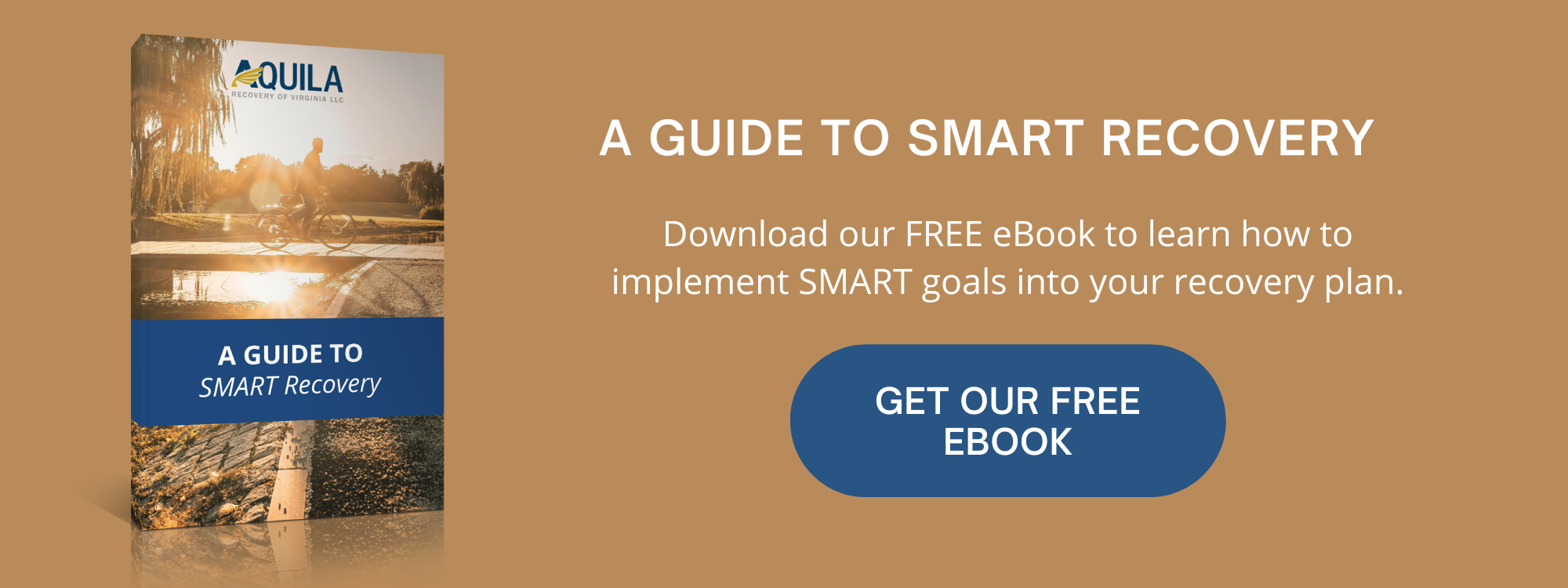Ever feel like your childhood experiences are still influencing the decisions you make today? Whether you’re a social drinker looking to cut down, or involved in more heavy consumption of alcohol and searching for the answers to recovery, the experiences you went through as a child might be holding you back from sobriety. Let’s look at the link between childhood experiences and substance use disorder, and how you can start to address these today.
Nearly 35 million children have experienced at least one event that could lead to childhood trauma. On top of this, about 72% of children and youth in the United States alone will experience at least one stressful event before the age of 18.
These numbers are staggering. When you combine them with the knowledge that an average of 40% of people with Post Traumatic Stress Disorders (PTSD) have been shown to also suffer from a substance use disorder, there’s a clear link between general trauma and substance use. But what about childhood trauma? Research has confirmed that children who have experienced traumatic events are at a high risk of developing a substance use disorder, often as a means of seeking comfort or to somehow cope with the emotions left behind.
Traumatic experiences among children has been shown to have physical changes on the brain — mostly size and shape — disrupting a child’s normal growth patterns at a time when they’re already being forced to prematurely adapt to mature situations. Considering this, it’s no surprise that childhood trauma survivors have increased vulnerability to substance use.
Substance use and drinking can often be an unconscious means of self-medication for the effects of a past trauma. While there’s nothing wrong with drinking socially this technique of self-mediation is often unsustainable. Instead of addressing your underlying issues, you’re turning away from the true source of your stress. Eventually, the only way to truly begin your journey to recovery is to address the route-cause of your dependency alongside the substance use or drinking.
A Closer Look: Adverse Childhood Experiences (ACEs)
When it comes to childhood trauma, you may have also heard the term Adverse Childhood Experiences (ACEs) being used. ACEs refer to any traumatic, or upsetting, childhood experiences that cause disruption in normal childhood development. As you can imagine, the scope of ACEs any person might experience is wide, but these experiences often directly correlate with substance use disorder and heavy alcohol consumption.
The more ACEs a person has experienced, the higher their risk of developing substance use disorders later in life. Since ACEs often instill feelings of powerlessness in children, we understand it can sometimes feel like those substances are a way to regain feelings of control. There are numerous types of Adverse Childhood Experiences (ACEs) but some of the more common examples include:
- Physical or emotional trauma.
- Loss of a loved one.
- Prevalence of mental health issues, addiction or both at home
- Parental separation or divorce
- Having an incarcerated family member
- Living in poverty
An ACE score test is often used to highlight a person’s risk of developing addictive behaviors based on their background and history. While it’s true that some people can trace their behavior back to a single painful childhood experience, the environment a child grows up in is not the single determining factor for their overall health and wellbeing as an adult.
So, while an ACE score is an important, it’s not the only factor for whether or not you later experience a substance use disorder. There are, however, many co-occurring disorders when it comes to substance use disorders.
What You Can Do: Seek Professional Help
Early childhood trauma isn’t the only risk factor for substance use later in life, but it can create a susceptibility to drinking and substance use if left unchecked. If you suspect that you or your loved one’s adverse childhood experiences (ACEs) might be holding back recovery, contact us today. We can start the journey today with a no-obligations, free, consultation.

